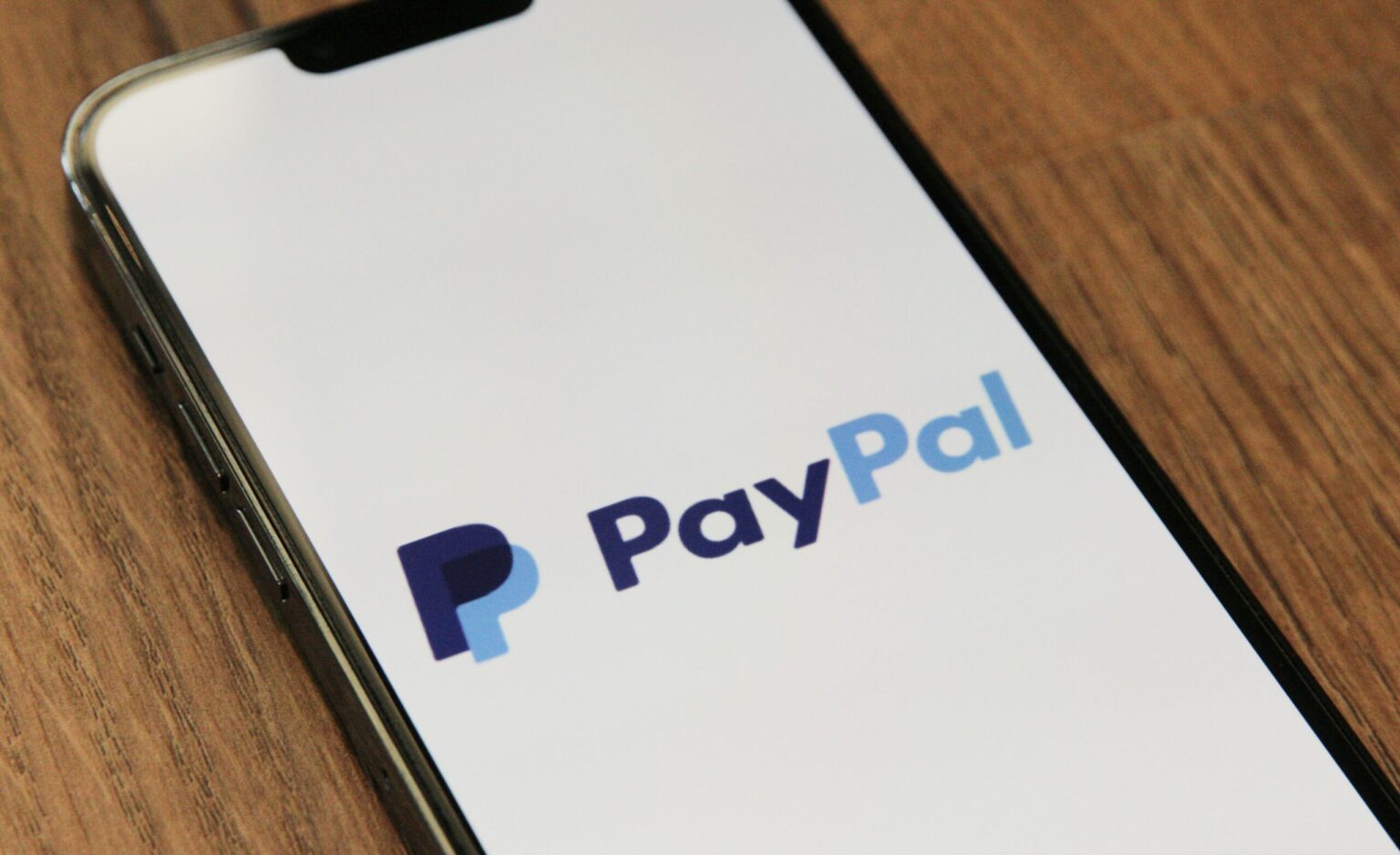In the rapidly evolving landscape of digital finance, a groundbreaking development is poised to revolutionize the way we approach transactions. With technology advancing at an unprecedented pace, the integration of cryptocurrencies into everyday commerce is becoming increasingly tangible. One of the key players leading this charge is PayPal, a global payments giant, introducing a new feature that promises to reshape the digital payment ecosystem and provide unparalleled convenience to millions of users.
PayPal Unveils Innovative Cryptocurrency Payment Feature
Pioneering a new era in digital payments, PayPal has announced the launch of its cutting-edge service, ‘Pay with Crypto.’ This feature is set to empower users by enabling seamless transactions using over 100 different cryptocurrencies. Alex Chriss, the President and CEO of PayPal, emphasized the company’s commitment to breaking down global payment barriers, highlighting how the new service will drive business growth and enhance consumer choice.
Revolutionizing Business Transactions
The introduction of the ‘Pay with Crypto’ service marks a significant advancement for businesses aiming to operate on a global scale. This new functionality allows users to link wallets, such as Coinbase or Metamask, directly to PayPal, facilitating transactions across a wide range of cryptocurrencies, including not only Bitcoin and Ethereum but also lesser-known options like memecoins.
Upon the initiation of a payment, PayPal strategically converts the selected cryptocurrency into its proprietary stablecoin, PYUSD, through partnerships with centralized exchanges like Coinbase or decentralized platforms like Uniswap. The outcome is a seamless conversion into US Dollars, ensuring a smooth transaction experience for merchants.
Cost-Effective Transactions
Initially, PayPal is offering an attractive transaction fee of 0.99% for the first year, substantially reducing costs compared to traditional international credit card processing fees. Following this introductory period, the transaction fee will adjust to 1.5%, aligning with industry standards. According to PayPal’s CEO, this strategic move is designed to foster cross-border commerce by simplifying payment processes and expanding consumer options.
Expanding Cryptocurrency Integration
This latest initiative is part of PayPal’s broader strategy to integrate digital assets into its offerings. Last year, the company empowered US-based businesses to manage cryptocurrencies directly through their PayPal accounts, paving the way for the current expansion into consumer transactions. While the ‘Pay with Crypto’ service is initially available to US merchants, there are plans for further expansion, although specific timelines have yet to be disclosed.
Current Bitcoin Market Overview
Currently, Bitcoin is maintaining a steady trading position, hovering around $118,600. This stability reflects broader market trends and underscores the cryptocurrency’s role as a major player in digital finance.
How does PayPal’s ‘Pay with Crypto’ feature work?
The ‘Pay with Crypto’ feature allows users to link their cryptocurrency wallets to PayPal, facilitating transactions in over 100 cryptocurrencies. These are converted into PayPal’s stablecoin, PYUSD, and then into US Dollars, ensuring a seamless payment experience for merchants.
What are the benefits of using PayPal’s cryptocurrency service for businesses?
Businesses benefit from reduced transaction fees, simplified cross-border transactions, and access to a broader consumer base by accepting multiple cryptocurrencies. This innovation helps in significantly lowering costs compared to standard credit card processing rates.
Is PayPal planning to expand its cryptocurrency services beyond the US?
While the initial rollout is focused on US merchants, PayPal has indicated plans for a broader expansion. However, specific timelines for international availability have not been announced.
By embracing digital currencies, PayPal is poised to redefine commerce, promoting efficiency, cost-effectiveness, and user autonomy. This forward-thinking approach not only strengthens the company’s position in the financial sector but also signals a pivotal shift towards a more inclusive and decentralized economic landscape.

